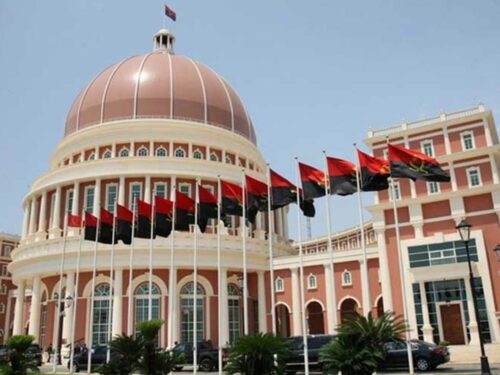The parliamentarians from the group of the Movement for the Liberation of Angola (MPLA) and the mixed group made up of the Social Renewal Party and the National Front for the Liberation of Angola (FNLA) supported the proposal, while the two from the Humanist Party of Angola (PHA) abstained.
As expected, the deputies of the group of the National Union for the Total Independence of Angola (Unita) voted against (79), because they consider that it is not a priority or decisive issue for the efficiency and effectiveness of the country’s governance.
Another issue that this political formation has pointed out is that the issue is a maneuver by the Executive not to advance in the process of implementing autarky.
The Minister of State and head of the Civil House of the Presidency, Adão de Almeida, pointed out that the opposition showed great concern about the institutionalization of local authorities, but that is an issue that has nothing to do with the political division, which is only a question of territorial organization, he pointed out.
He added that in the process of preparing the country for the establishment of autarchies, the Government has presented 11 law proposals, while Unita has only presented two; something that he considers contradictory with the discourse that the Government does not want the process or hinders it.
The Political-Administrative Division bill, after the vote in Parliament, will now be debated in the specialized commissions, and then return to the plenary analysis and the vote.
The proposal provides for the creation of two new provinces resulting from the division of the current territories of Moxico, which will become Moxico and Cassai-Zambezi, and Cuando Cubango, which will multiply into Cuando and Cubango.
In this way, the country would have 20 provinces, 325 municipalities and 375 communes, since the suppression of some infra-municipal level districts, the elimination of the distinction between urban districts and communes, and the conversion of some of these units into municipalities.
The regulations aim to promote balanced territorial development, bring public services closer to citizens and rationalize the services of the State administration, increasing their effectiveness, efficiency and equity.
ef/lam/kmg









